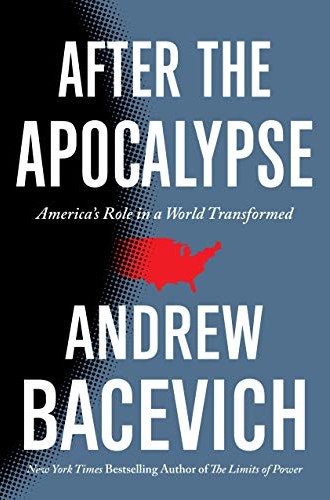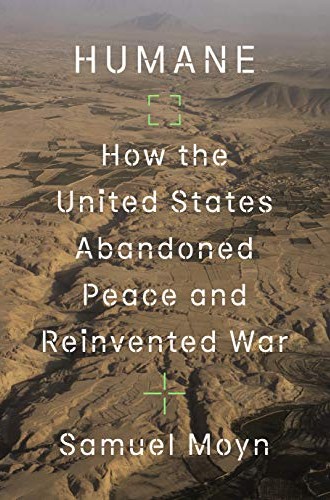The end of endless wars?
Andrew Bacevich and Samuel Moyn each seek a reckoning on how the United States uses its military abroad.
Until Russia’s invasion of Ukraine, the international positioning of the United States was for several decades defined by the war on terror. This framework led us to conduct simultaneous wars in Iraq and Afghanistan. It propelled us into dramatic new forms of drone warfare. In many ways, it continues to define our military’s efforts and military spending. And yet the need to rethink the nation’s military role in the world is urgent. The future that the war on terror projects for us involves trillions of dollars and millions of human lives wasted in the name of an imagined safety that is poorly defined and even more poorly created.
Two recent books attempt to build a vocabulary for a different way forward. Although they arise from different sets of concerns and ultimately propose different solutions to our dilemma, each is comprehensive in its own way—and each sees the need for a reckoning.
Andrew Bacevich is a retired military officer and military historian who has positioned himself as a central critic of our current foreign policy and the use of our military internationally. His most recent book tries to “identify the connecting tissue between the delusions of the recent past and the traumas that are their progeny.” The delusions of the recent past are military delusions: that we can use our supreme military dominance to solve problems that are essentially political in nature. “The traumas that are their progeny” are a little more wide-ranging. Bacevich places both the war in Afghanistan and COVID-19 in that category.






